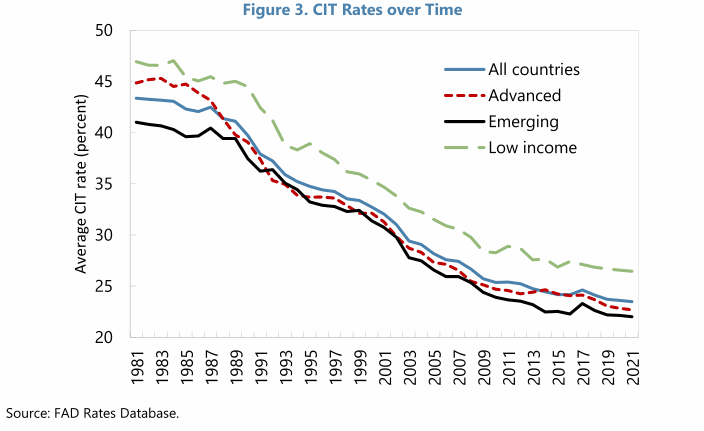14.1.4 In approaching this part of its investigation, the Commission has been mindful of the evidence received from many multi-nationals, bankers and other potential foreign financiers and investors to the effect that while tax is an important investment consideration, it ranks well down the list of priorities unless it poses a specific and actual inhibition. For many, therefore, tax can be a material negative factor but is unlikely to be a major positive factor...
[P]otential investors appear to seek a regime that is not punitive, that is clear and predictable, and that is not subject to unexpected swings of policy or attitude especially towards business and investors.
14.1.6 Finally, in considering the relevance of the tax system to foreign finance, investment and trade, the Commission did not look upon international economic relations as an end in its own right, but rather as a means to an end - a growing South African economy that can bring reasonable prosperity to all its citizens...
14.1.7 As is true with this Report as a whole, consideration of the tax system's relevance to international finance and trade can be done only on a provisional basis. There are various reasons why, by the due date for this Report, a comprehensive review of the tax system was not feasible. In the international context two reasons are especially relevant:
The Commission is persuaded that, even where the tax systems of trading partners allow for credits or other relief against South African taxation, or even where Double Tax Agreements operate to prevent double taxation, the current South African tax rates generally exceed the scope of the unilateral or treaty relief and therefore constitute a potential inhibition to foreign investors.
First Interim Report, Katz Commission, 1994, page 213
International Corporate Tax Reform, Policy Paper No. 2023/001, International Monetary Fund, 2023